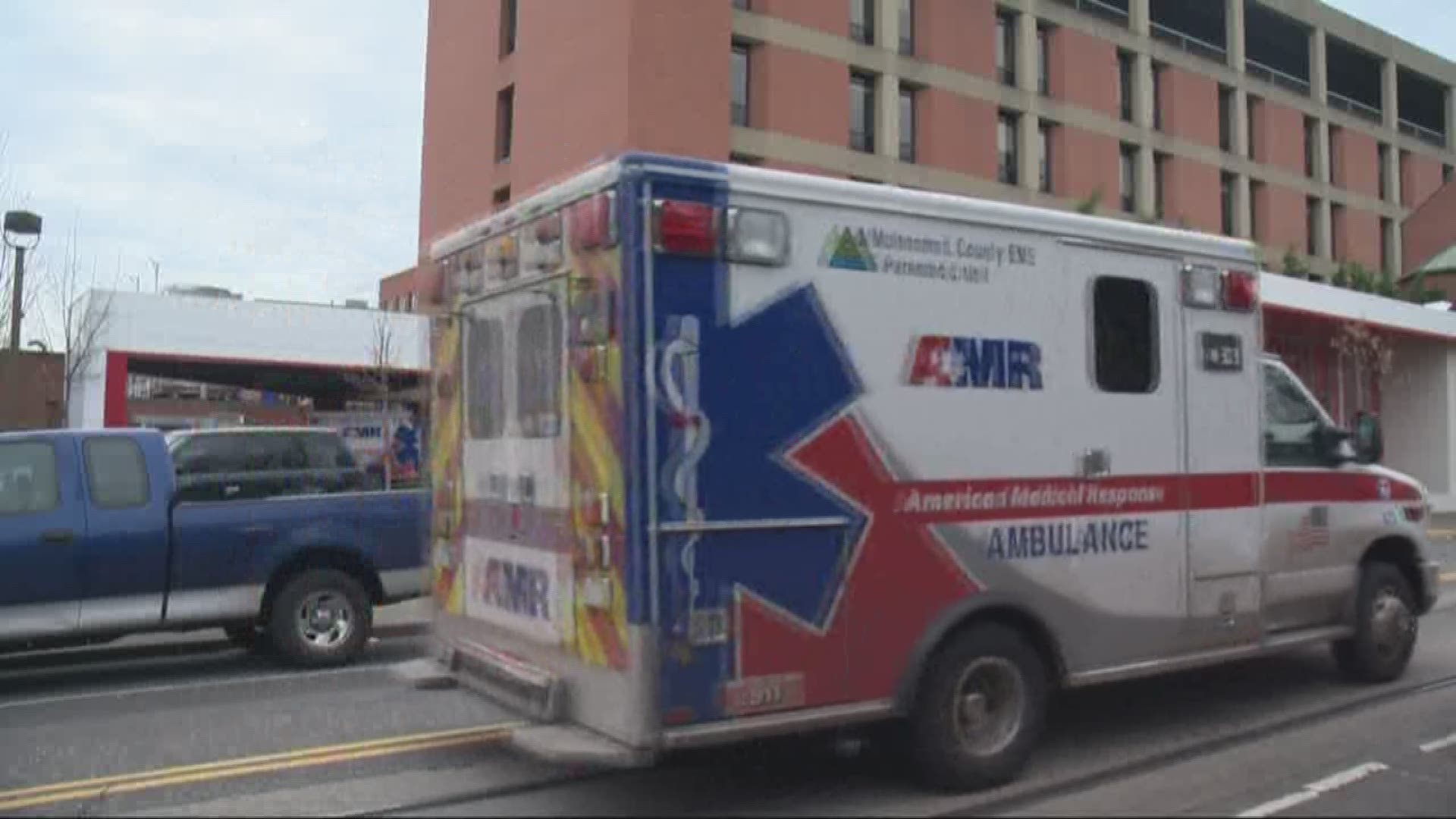PORTLAND, Ore. — Public health researchers in Oregon are preparing to launch something we’ve never seen on this scale.
They want to gather volunteers in every corner of the state, from every community, especially minority populations, and convince them to take their temperature every single day for a year and report that to the researchers. Ten thousand members of that group will also have a home COVID-19 test kit.
"I think this is the most sensible approach and I think we're one of the first to move forward on this iniative," said Dr. David Bangsberg, founding dean of the OHSU and PSU School of Public Health.
The idea is to have the 100,000 volunteers scattered across the state — probably more in the bigger metro areas — but you want to have a wide swath of the state covered.
The volunteers will take their own temperature every day and it will be quickly reported back to the researchers. Each volunteer household will have a thermometer connected to the internet. They will also be asked to answer a short questionnaire each day. That way, researchers will be able to see virtually in real time how everyone is doing statewide.
If one or more people suddenly develop a fever, the researchers in theory will know and be able to swoop in with a team of specialists to get the person tested. If they are positive for COVID-19, contact tracing will be done to find all the people they were in contact with and get them tested too. That way any new outbreak can be contained quickly before it takes off and becomes widespread.
It may well be the first of its kind in the nation.
Dr. Bangsberg is confident it will work.
"It is an important ask — this is the most important event we’ve had in the century. This is an opportunity for people to make a difference not only for themselves and their household but for all of Oregon," he said.
Which is not the same as predicting 100% compliance.
"Well, we hope to have as much participation as possible," he said when asked about an expected compliance rate.
Oregon taxpayers will fund the study. The state has already committed $6 million.
And while we're talking about testing and tracing, you should know it's relatively easy right now because most of us are staying home. But that will change.
"Once the businesses start reopening and people start returning to their usual activities, they will have more and more contacts. And our contact investigations will potentially be more complex," said Washington County Health Officer Dr. Christina Baumann.
"People may not remember all the people they had close contact with," she added.
If you test positive for the virus, public health officials will tell you and everyone you live with to go into quarantine.
"We'll need to move back to isolating cases, and asking for voluntary quarantine of whole households. That’s not happening right now because most of us are staying home," said Washington County Public Health Division Manager Tricia Mortell.
WATCH: KGW Q&A | YouTube playlist

